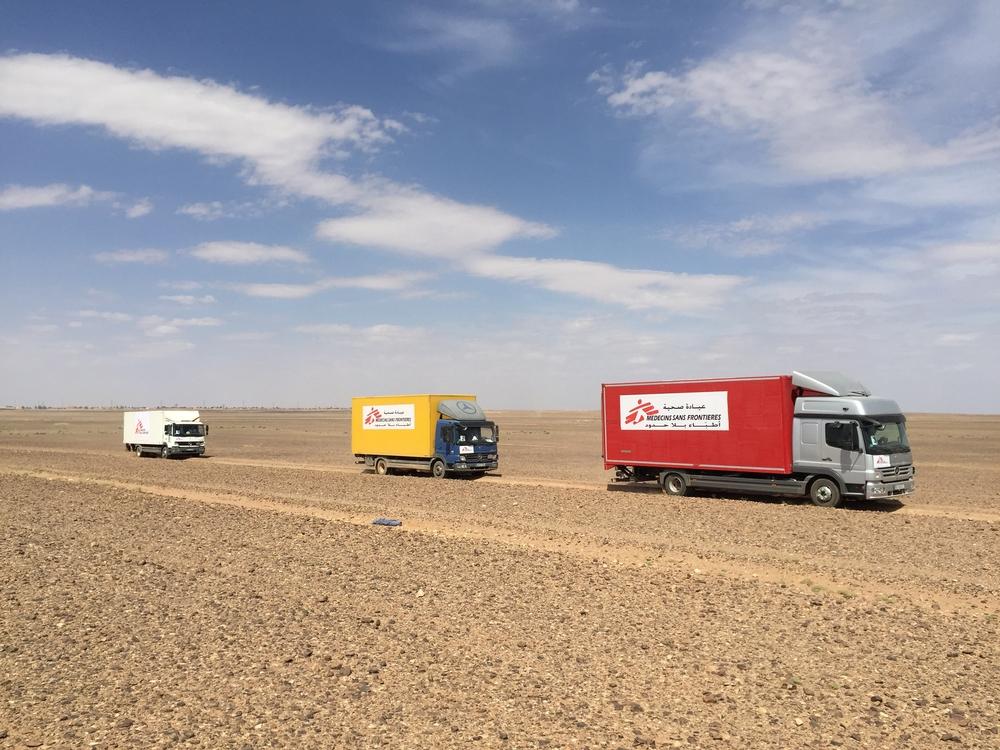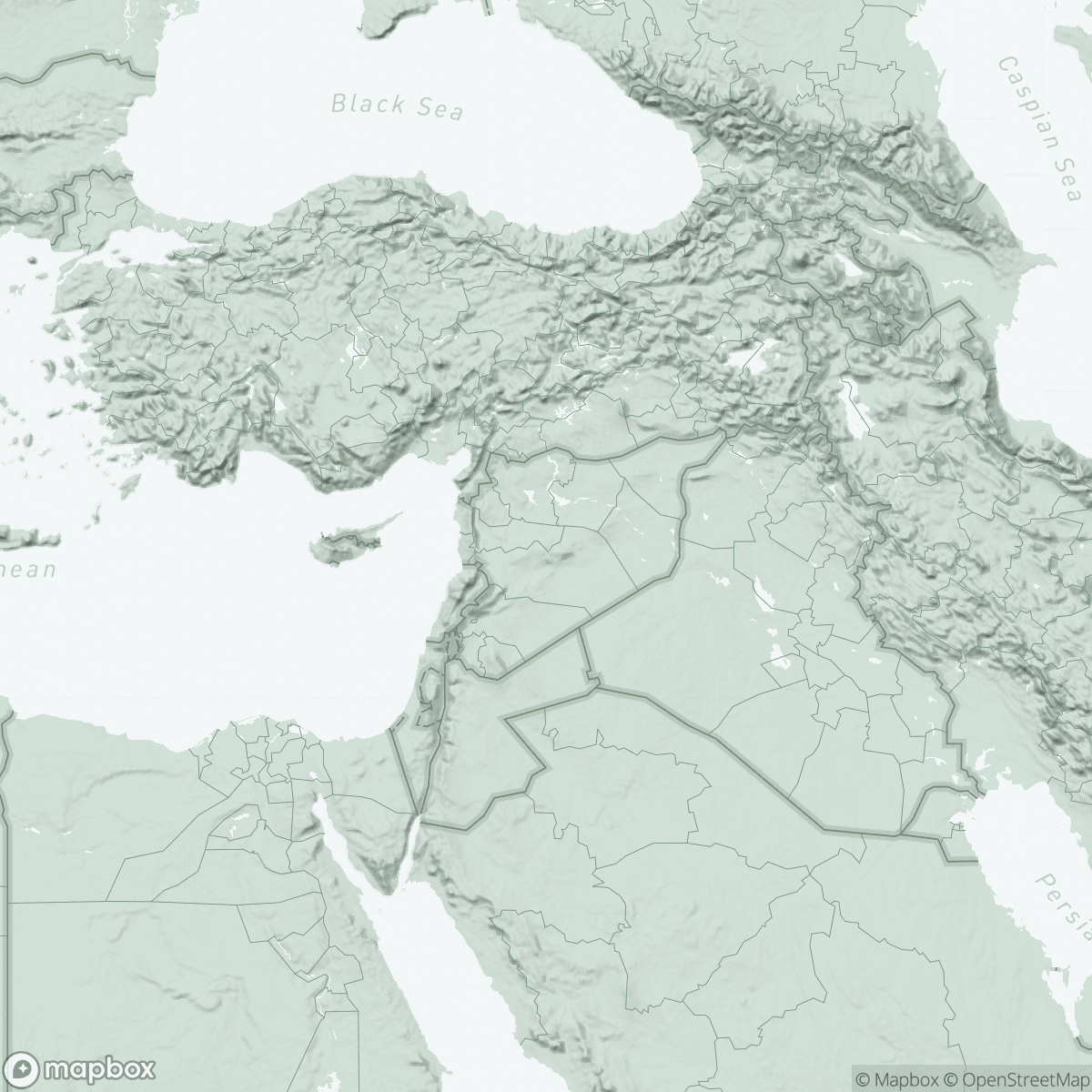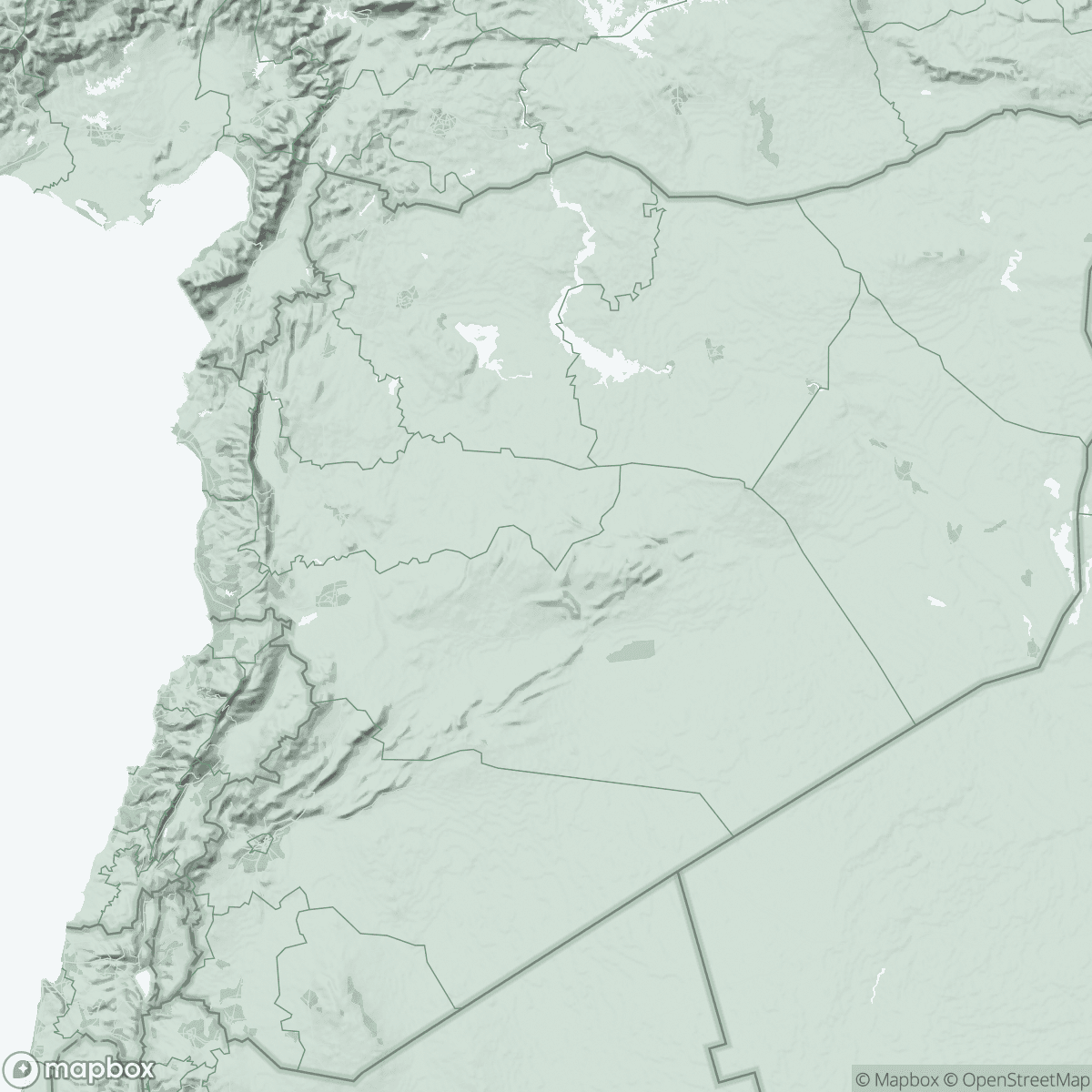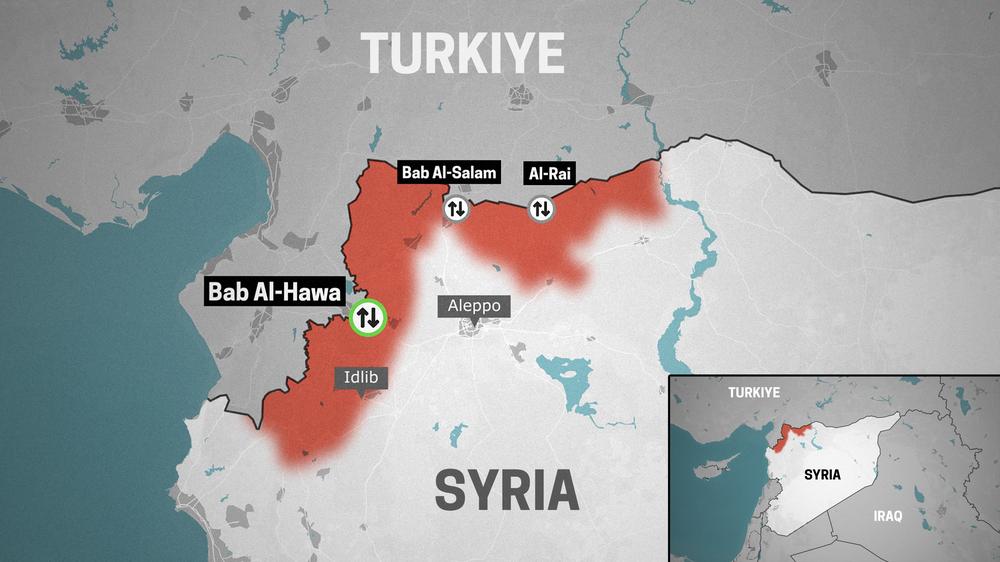
The humanitarian isolation of northwest Syria must be prevented
In 1 click, help us spread this information :
The upcoming vote on 10 July represents a critical moment for northwest Syria. It is disheartening to see that people’s crucial access to humanitarian aid has become entangled in political negotiations,” says Sebastien Gay, MSF Head of Mission for Syria. “Failure to ensure a regular, sustainable means of aid delivery puts the lives and health of people at risk.”
The devastating earthquake that struck northwest Syria on 6 February this year has exposed the already-dire humanitarian situation and shed light on the fragile and deficient nature of humanitarian access to the region. The earthquake was a critical turning point that brought attention to the gaps in the humanitarian response and efficiency, as it had failed to adequately address the scale and the scope of the needs.
For nearly three days following the earthquake, no additional international humanitarian aid arrived in northwest Syria, leaving people without shelter, exposed to freezing temperatures, and lacking proper healthcare,” says Gay. “The delayed arrival of lifesaving assistance highlighted the isolation of northwest Syria.”
Il est important que les points de passage de Bab Al-Salama et d'Al-Rai, qui ne sont pas couverts par la résolution du Conseil de sécurité des Nations unies et qui ont été ouverts à la suite du tremblement de terre, restent ouverts aux convois humanitaires. Cependant, la prolongation de l'ouverture de ces points ne doit pas permettre de justifier le non-renouvellement de la résolution du CSNU, car Bab Al-Hawa reste le point de passage le plus largement utilisé.
Over the years, the cross-border mechanism has faced significant setbacks, including a reduction in authorized crossing points from four to one, and a decrease in validity of the renewal from one year to six months. A non-renewal would restrict MSF and other organisations’ capacity to provide lifesaving assistance to people in northwest Syria.
Despite the current efforts towards contingency planning, the cross-border humanitarian channel coordinated and monitored by the UN remains the most reliable and cost-efficient option for MSF. To maintain this scale of medical activities, and respond to the enormous medical and humanitarian needs, the sustainability of our supply chain is crucial.
Furthermore, the current six-month validity of the cross-border mechanism hampers the emergency preparedness of international and national organizations and groups, and inhibits the implementation of longer-term and sustainable projects, as funding cycles are linked to this mechanism. To ensure emergency preparedness, the constant threat of non-renewal forces humanitarian organisations to stockpile supplies excessively, resulting in waste.
It is crucial for the Bab Al-Salama and Al-Rai crossing points, which are not covered by the UN Security Council resolution and were opened following the earthquake, to remain open for humanitarian convoys. However, the extension of these points' opening should not be used to justify not renewing the UNSC Resolution, as Bab Al-Hawa remains the most reliable, cost-effective, and widely used crossing point.


